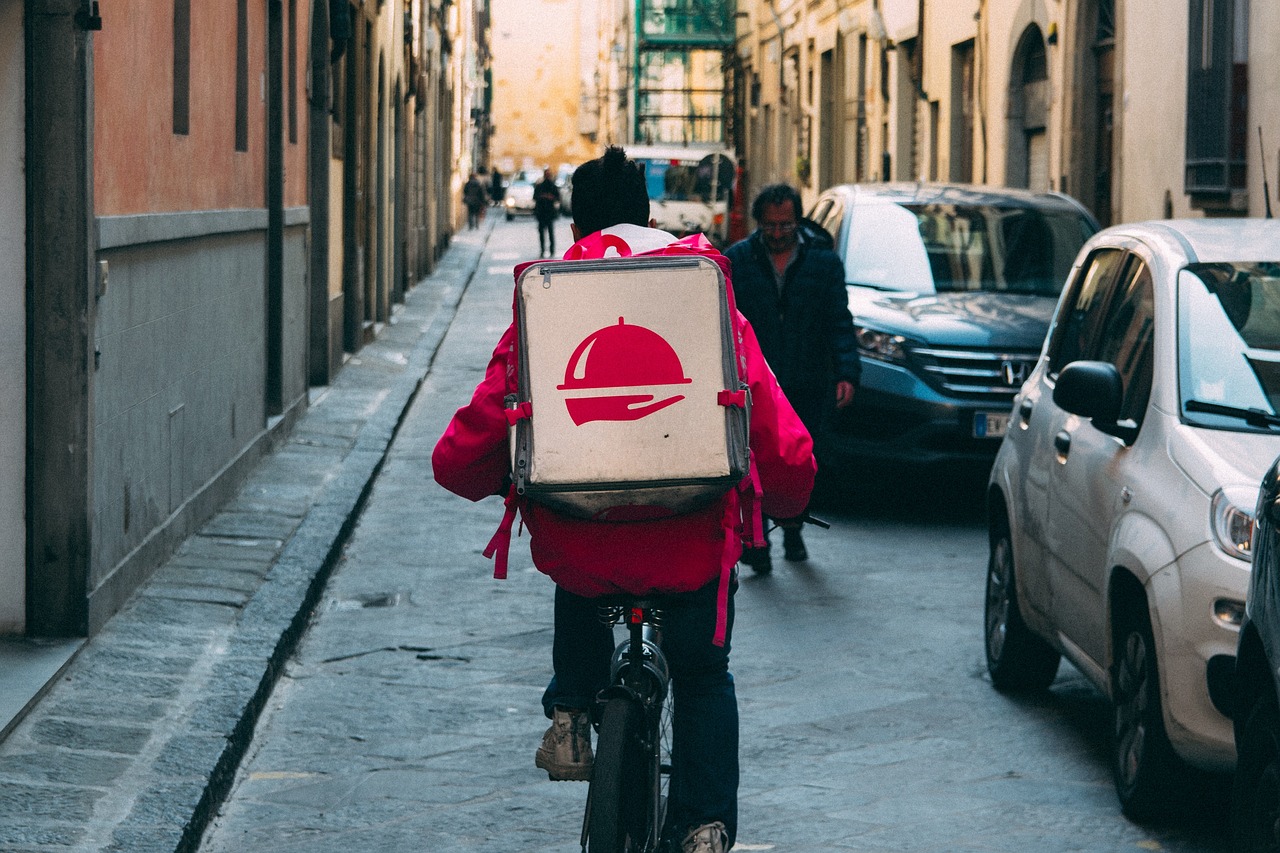In recent weeks, a concerning scam has emerged that targets unsuspecting users of popular food delivery apps. This scam has already cost many people thousands of rupees, making it crucial for everyone to stay informed and vigilant.
How the Scam Works
The scam begins with a deceptive phone call. Users receive an IVR call claiming to be from the well known food delivery company, informing them of a large order placed in their name. Often, the caller pressures the user by saying that their refusal to confirm the order could lead to problems.
The Trap: OTP Request
During the call, the scammer asks for an OTP (One-Time Password) under the guise of confirming the order's cancellation or verification. Once the unsuspecting user shares this OTP, they unwittingly grant access to their food delivery app account.
The Consequences
Soon after sharing the OTP, the user starts receiving a flurry of SMS messages and missed calls. These notifications indicate that multiple orders are being placed using services like Lazy Pay, a popular "Buy Now, Pay Later" option integrated with the food delivery app.
Understanding Lazy Pay
Lazy Pay is a convenient payment method used by many apps, including apps like Swiggy. It allows users to defer payments for their orders, making it easier to manage finances. However, in the hands of scammers, Lazy Pay becomes a tool for unauthorized transactions.
Protect Yourself: Never Share OTPs
The most crucial takeaway from this scam is to never share your OTP with anyone, regardless of the reason given. OTPs are meant to secure your transactions and should only be used by you for authorizing payments. No legitimate service, including Swiggy or any other reputable company, will ask you to share your OTP over the phone.
What to Do if You Suspect Fraud
If you receive such a call or suspect any fraudulent activity:
- Hang up immediately: Do not engage further with the caller.
- Check your accounts: Monitor your Swiggy, Zomato or other food delivery app accounts and bank statements for any unauthorized transactions.
- Report to authorities: Inform the food delivery app’s customer support and consider making a complaint with your local police station.
Spreading Awareness
Share this information with your friends, family, and community members, especially those who may not be aware of such scams. Awareness is key to preventing further incidents and protecting everyone's hard-earned money.
As online services become more integrated into our daily lives, scams like these highlight the importance of staying vigilant and informed. By safeguarding our personal information, particularly OTPs, we can help prevent financial fraud and ensure a safer online experience for all.
Stay informed, stay safe!







